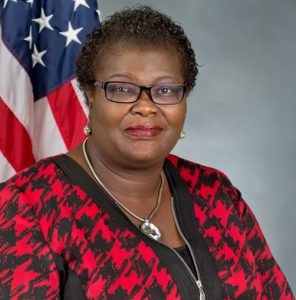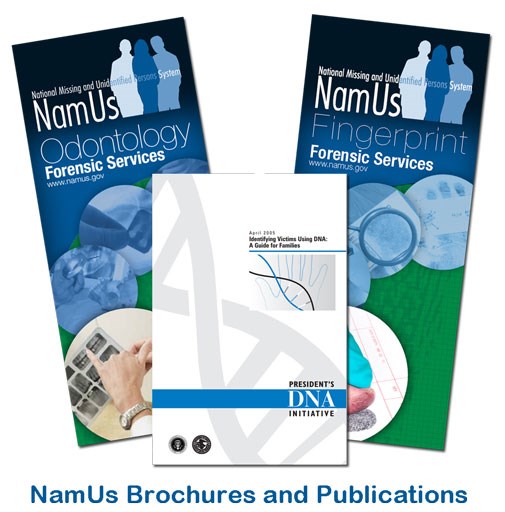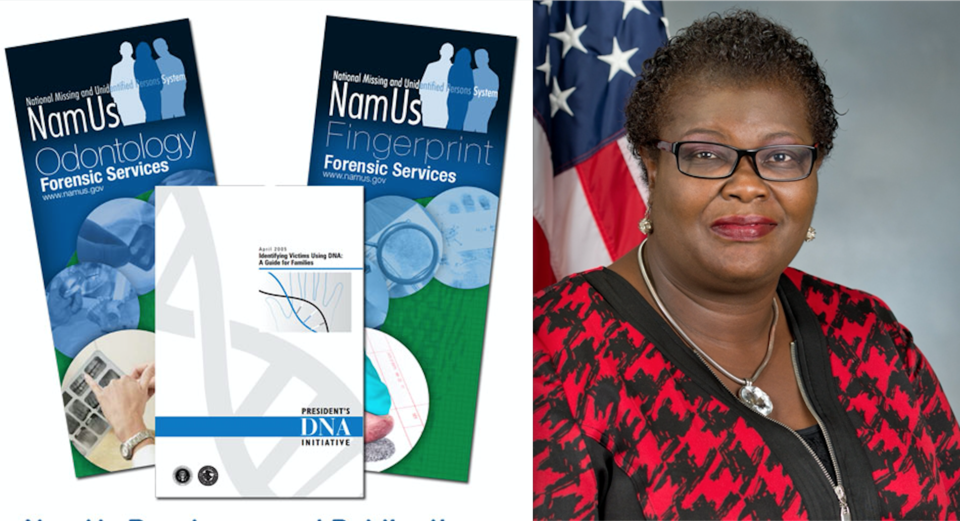
State Senator Roxanne Persaud is praising Gov. Andrew Cuomo for signing on legislation-- bill #S7987A passed in early August-- which helps law enforcement agencies resolve open criminal cases, bringing closure to families grieving a missing loved one.
Law enforcement handles approximately 4,400 cases of unidentified human remains each year, adding to a backlog of unresolved missing persons cases in a phenomenon billed "the nation's silent mass disaster." Created in 2007, the National Missing and Unidentified Remains System (NamUs) is the first online repository of missing persons and unidentified decedents cases — but until now, New York State law did not require coroners and medical examiners to use it.
Under the new law, coroners and medical examiners in New York State are required to report all identifying information of unknown remains to a central database created by the R&D arm of the US Department of Justice. These data include fingerprints, personal descriptions and other identifiers, including date and place of death.

"I commend Governor Cuomo for signing this commonsense legislation into law and I'm pleased to have helped lead the fight to pass this bill through the Senate," said Sen. Persaud, who serves the 19th senatorial district in Brooklyn,
Now, families can access the database online to search for a loved one purported to be missing. They can narrow their search using filters for demographics, such as race or age group; body details, such as tattoos; and granular details of clothing, hair and eyes.
The rate at which information travels today and increasingly sophisticated technology is what prompted lawmakers to address the lack of data sharing — especially between the boroughs of New York City, said a spokesperson from Sen. Persaud's office
Still newly minted, the bill does not elaborate on how law enforcement will monitor compliance to ensure that medical examiners submit complete information to NamUs on all discovered human remains. Asked if policymakers plan on retroactive enforcement of this law to account for already-discovered human remains, the spokesperson said that such requirements might be introduced in an amendment.




